Back to Courses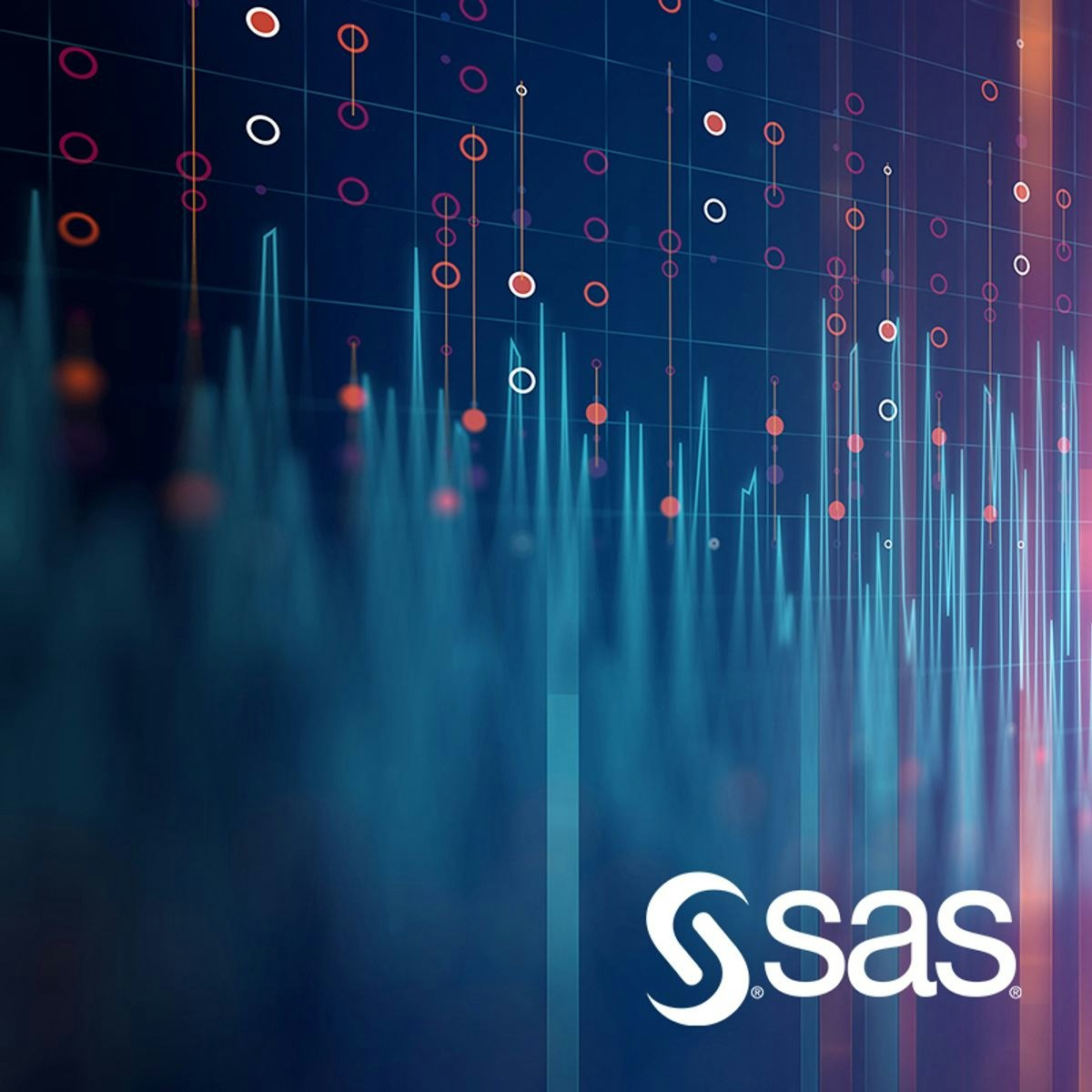
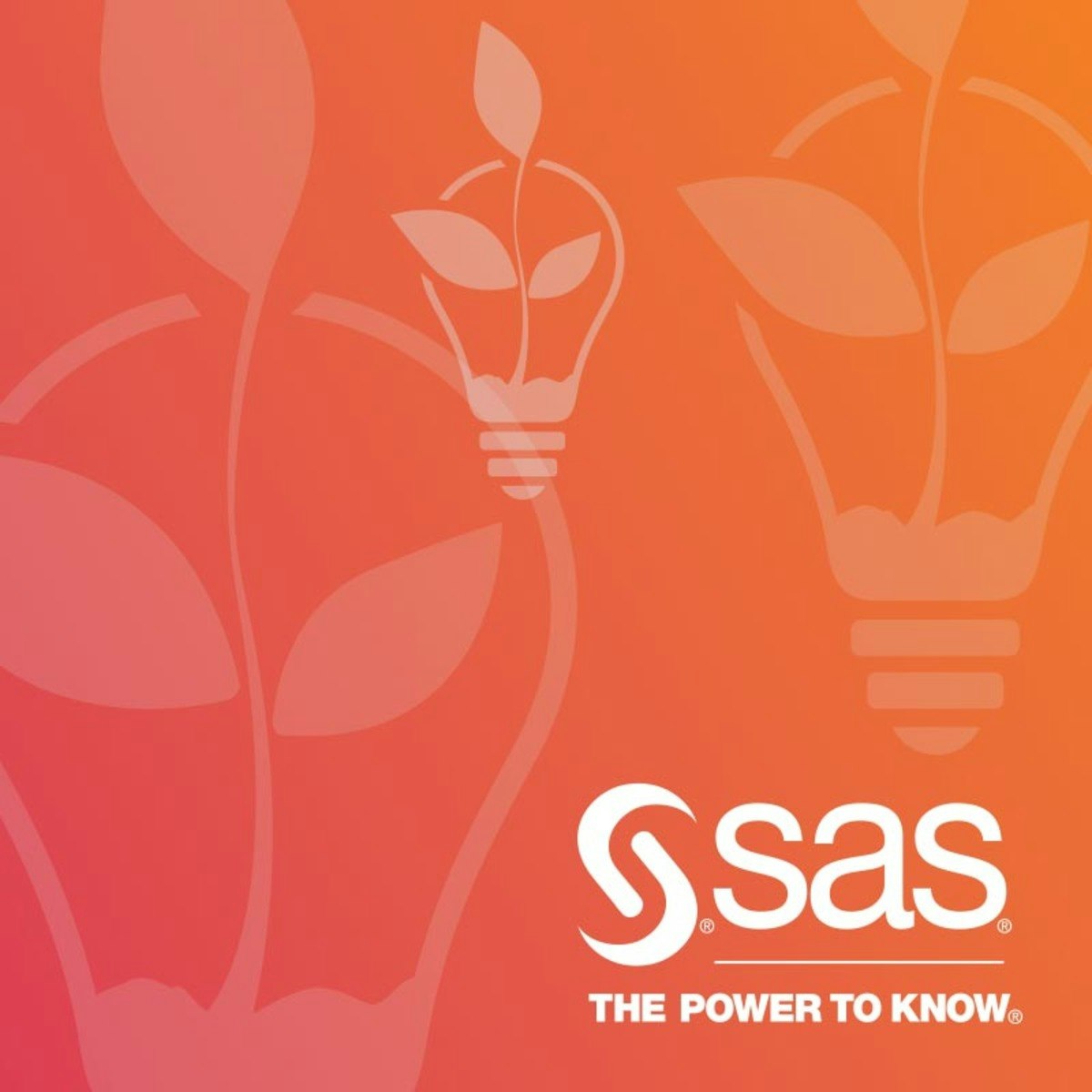
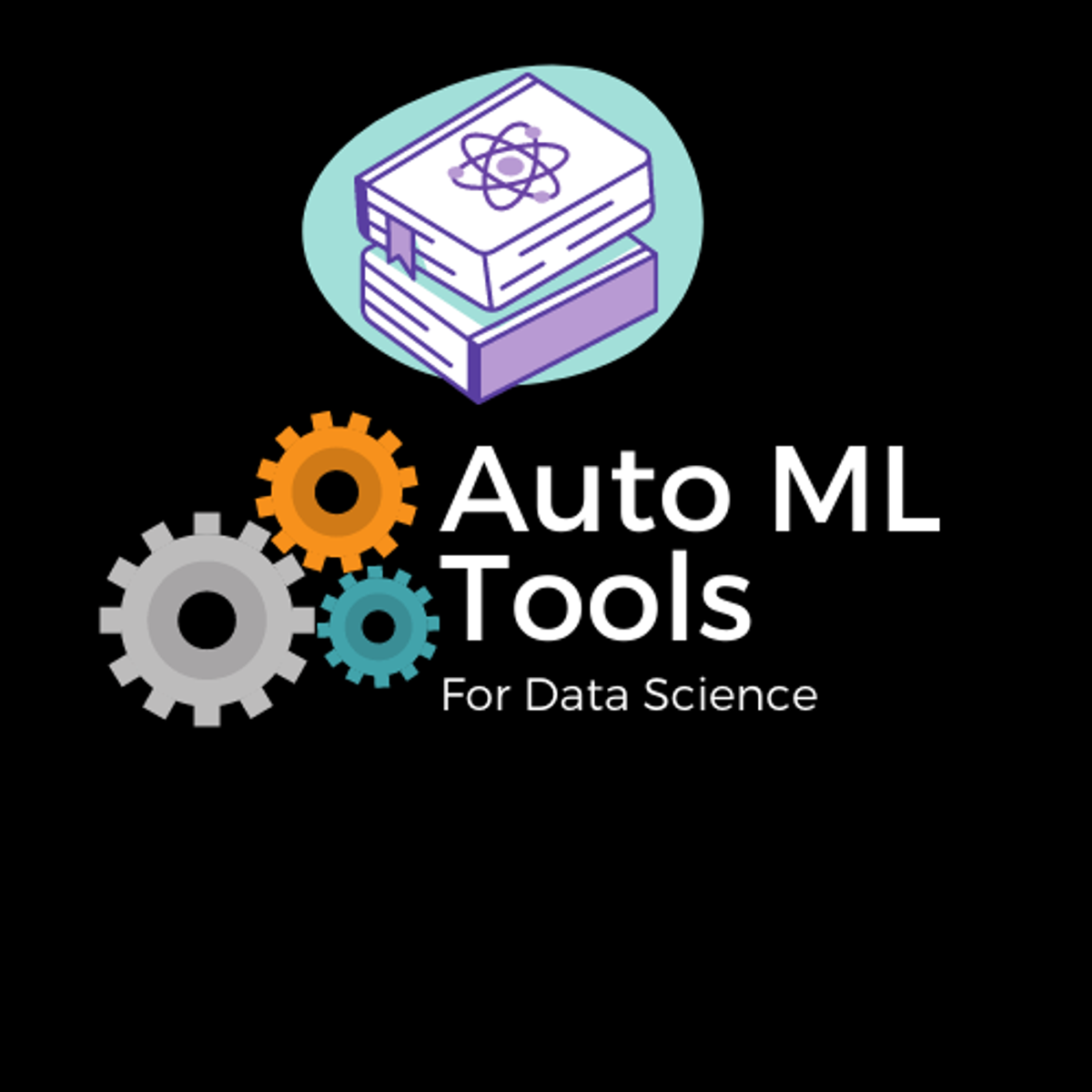
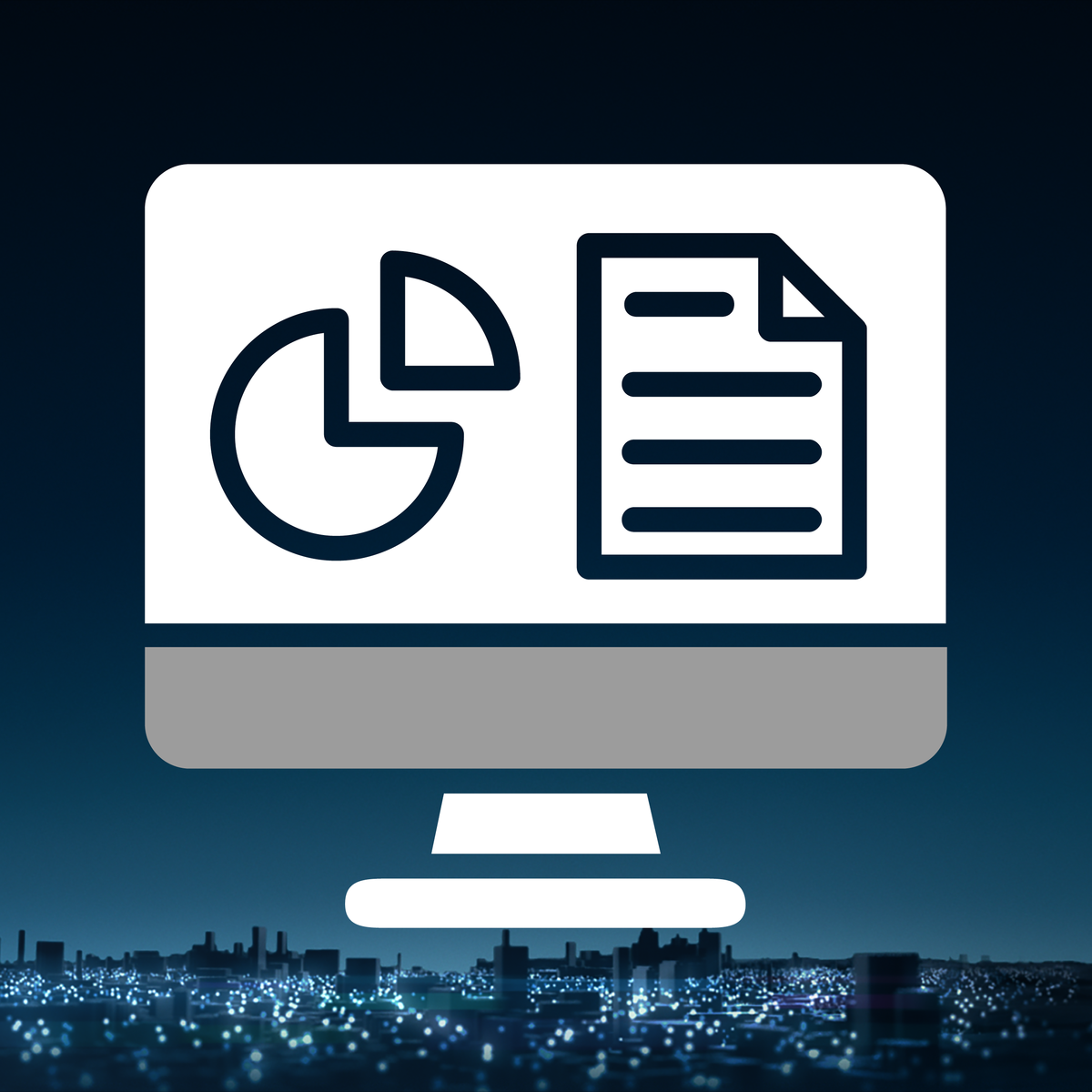

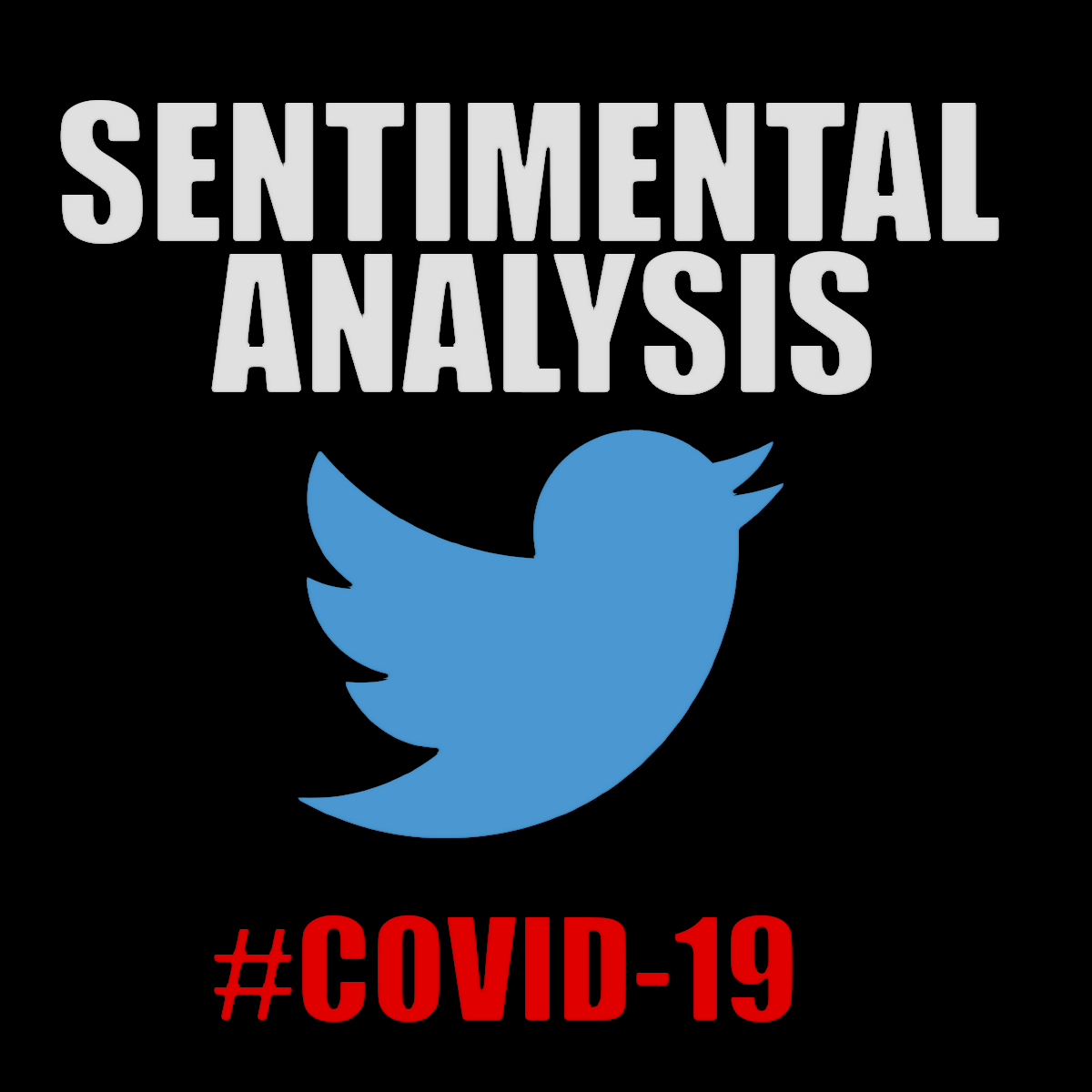
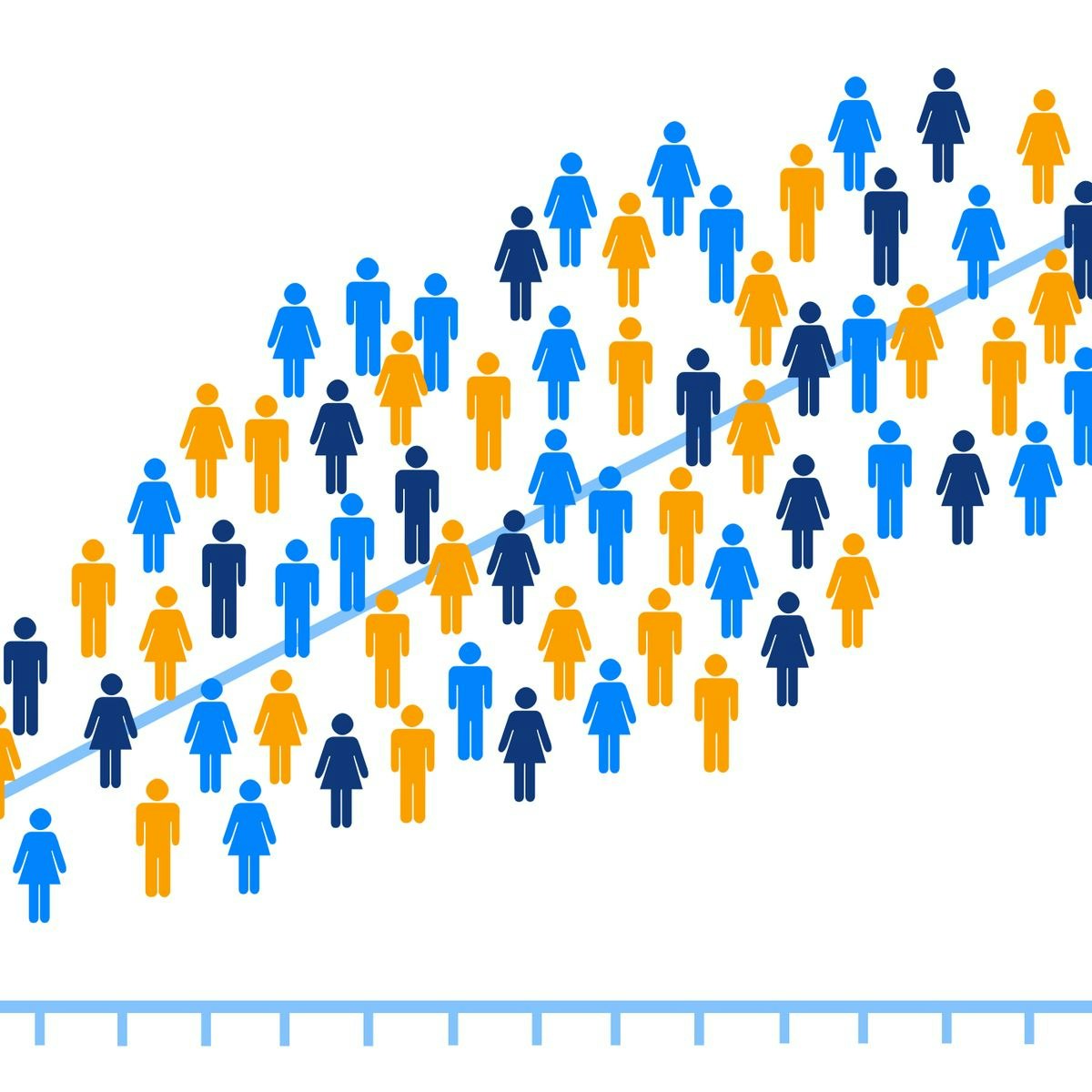
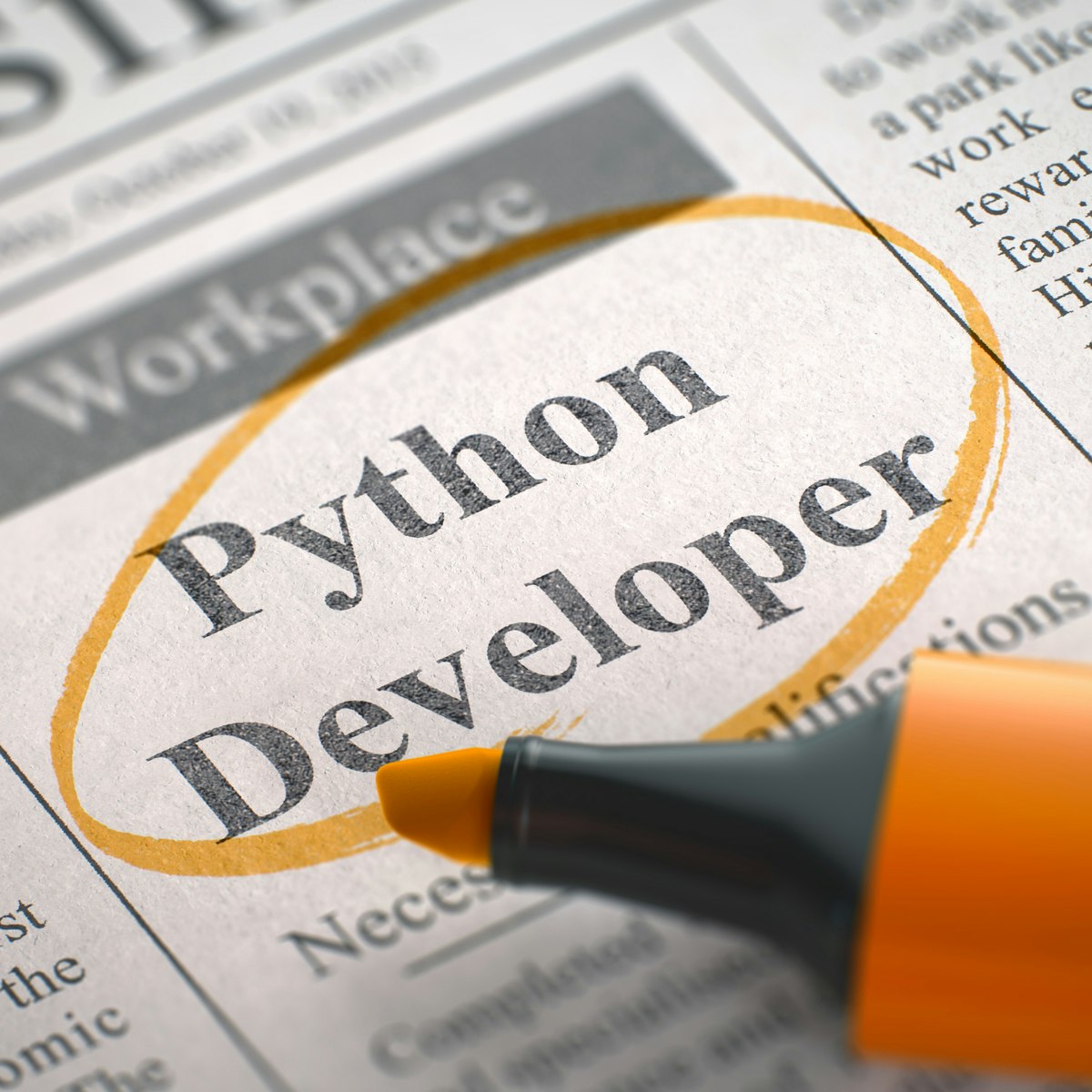


Data Analysis Courses - Page 49
Showing results 481-490 of 998

Predictive Modeling with Logistic Regression using SAS
This course covers predictive modeling using SAS/STAT software with emphasis on the LOGISTIC procedure. This course also discusses selecting variables and interactions, recoding categorical variables based on the smooth weight of evidence, assessing models, treating missing values, and using efficiency techniques for massive data sets. You learn to use logistic regression to model an individual's behavior as a function of known inputs, create effect plots and odds ratio plots, handle missing data values, and tackle multicollinearity in your predictors. You also learn to assess model performance and compare models.
Machine Learning Using SAS Viya
This course covers the theoretical foundation for different techniques associated with supervised machine learning models. In addition, a business case study is defined to guide participants through all steps of the analytical life cycle, from problem understanding to model deployment, through data preparation, feature selection, model training and validation, and model assessment. A series of demonstrations and exercises is used to reinforce the concepts and the analytical approach to solving business problems.
This course uses Model Studio, the pipeline flow interface in SAS Viya that enables you to prepare, develop, compare, and deploy advanced analytics models. You learn to train supervised machine learning models to make better decisions on big data. The SAS applications used in this course make machine learning possible without programming or coding.

AutoML tools for data science
By the end of this project, you will learn how to perform analysis on data using different python libraries and export reports and visualization without much hassle all this with minimal coding.

Population Health: Predictive Analytics
Predictive analytics has a longstanding tradition in medicine. Developing better prediction models is a critical step in the pursuit of improved health care: we need these tools to guide our decision-making on preventive measures, and individualized treatments. In order to effectively use and develop these models, we must understand them better. In this course, you will learn how to make accurate prediction tools, and how to assess their validity. First, we will discuss the role of predictive analytics for prevention, diagnosis, and effectiveness. Then, we look at key concepts such as study design, sample size and overfitting.
Furthermore, we comprehensively discuss important modelling issues such as missing values, non-linear relations and model selection. The importance of the bias-variance tradeoff and its role in prediction is also addressed. Finally, we look at various way to evaluate a model - through performance measures, and by assessing both internal and external validity. We also discuss how to update a model to a specific setting.
Throughout the course, we illustrate the concepts introduced in the lectures using R. You need not install R on your computer to follow the course: you will be able to access R and all the example datasets within the Coursera environment. We do however make references to further packages that you can use for certain type of analyses – feel free to install and use them on your computer.
Furthermore, each module can also contain practice quiz questions. In these, you will pass regardless of whether you provided a right or wrong answer. You will learn the most by first thinking about the answers themselves and then checking your answers with the correct answers and explanations provided.
This course is part of a Master's program Population Health Management at Leiden University (currently in development).

Ask Questions to Make Data-Driven Decisions
This is the second course in the Google Data Analytics Certificate. These courses will equip you with the skills needed to apply to introductory-level data analyst jobs. You’ll build on your understanding of the topics that were introduced in the first Google Data Analytics Certificate course. The material will help you learn how to ask effective questions to make data-driven decisions, while connecting with stakeholders’ needs. Current Google data analysts will continue to instruct and provide you with hands-on ways to accomplish common data analyst tasks with the best tools and resources.
Learners who complete this certificate program will be equipped to apply for introductory-level jobs as data analysts. No previous experience is necessary.
By the end of this course, you will:
- Learn about effective questioning techniques that can help guide analysis.
- Gain an understanding of data-driven decision-making and how data analysts present findings.
- Explore a variety of real-world business scenarios to support an understanding of questioning and decision-making.
- Discover how and why spreadsheets are an important tool for data analysts.
- Examine the key ideas associated with structured thinking and how they can help analysts better understand problems and develop solutions.
- Learn strategies for managing the expectations of stakeholders while establishing clear communication with a data analytics team to achieve business objectives.

Sentimental Analysis on COVID-19 Tweets using python
By the end of this project you will learn how to preprocess your text data for sentimental analysis.
So in this project we are going to use a Dataset consisting of data related to the tweets from the 24th of July, 2020 to the 30th of August 2020 with COVID19 hashtags. We are going to use python to apply sentimental analysis on the tweets to see people's reactions to the pandemic during the mentioned period. We are going to label the tweets as Positive, Negative, and neutral. After that, we are going to visualize the result to see the people's reactions on Twitter.
Note: This project works best for learners who are based in the North America region. We’re currently working on providing the same experience in other regions.

Quantifying Relationships with Regression Models
This course will introduce you to the linear regression model, which is a powerful tool that researchers can use to measure the relationship between multiple variables. We’ll begin by exploring the components of a bivariate regression model, which estimates the relationship between an independent and dependent variable. Building on this foundation, we’ll then discuss how to create and interpret a multivariate model, binary dependent variable model and interactive model. We’ll also consider how different types of variables, such as categorical and dummy variables, can be appropriately incorporated into a model. Overall, we’ll discuss some of the many different ways a regression model can be used for both descriptive and causal inference, as well as the limitations of this analytical tool. By the end of the course, you should be able to interpret and critically evaluate a multivariate regression analysis.

Python Data Representations
This course will continue the introduction to Python programming that started with Python Programming Essentials. We'll learn about different data representations, including strings, lists, and tuples, that form the core of all Python programs. We will also teach you how to access files, which will allow you to store and retrieve data within your programs. These concepts and skills will help you to manipulate data and write more complex Python programs.
By the end of the course, you will be able to write Python programs that can manipulate data stored in files. This will extend your Python programming expertise, enabling you to write a wide range of scripts using Python
This course uses Python 3. While most Python programs continue to use Python 2, Python 3 is the future of the Python programming language. This course introduces basic desktop Python development environments, allowing you to run Python programs directly on your computer. This choice enables a smooth transition from online development environments.

BigQuery Soccer Data Analytical Insight
This is a self-paced lab that takes place in the Google Cloud console. Learn how to create deeper analytical insights from soccer event data using BigQuery.
BigQuery can be used to perform more sophisticated data analysis. In this lab, you will analyze soccer event data to achieve real insight from the dataset.

Using BigQuery with C#
This is a self-paced lab that takes place in the Google Cloud console. In this lab, you will use Google Cloud Client Libraries for .NET to query BigQuery public datasets with C#.
Popular Internships and Jobs by Categories
Find Jobs & Internships
Browse
© 2024 BoostGrad | All rights reserved